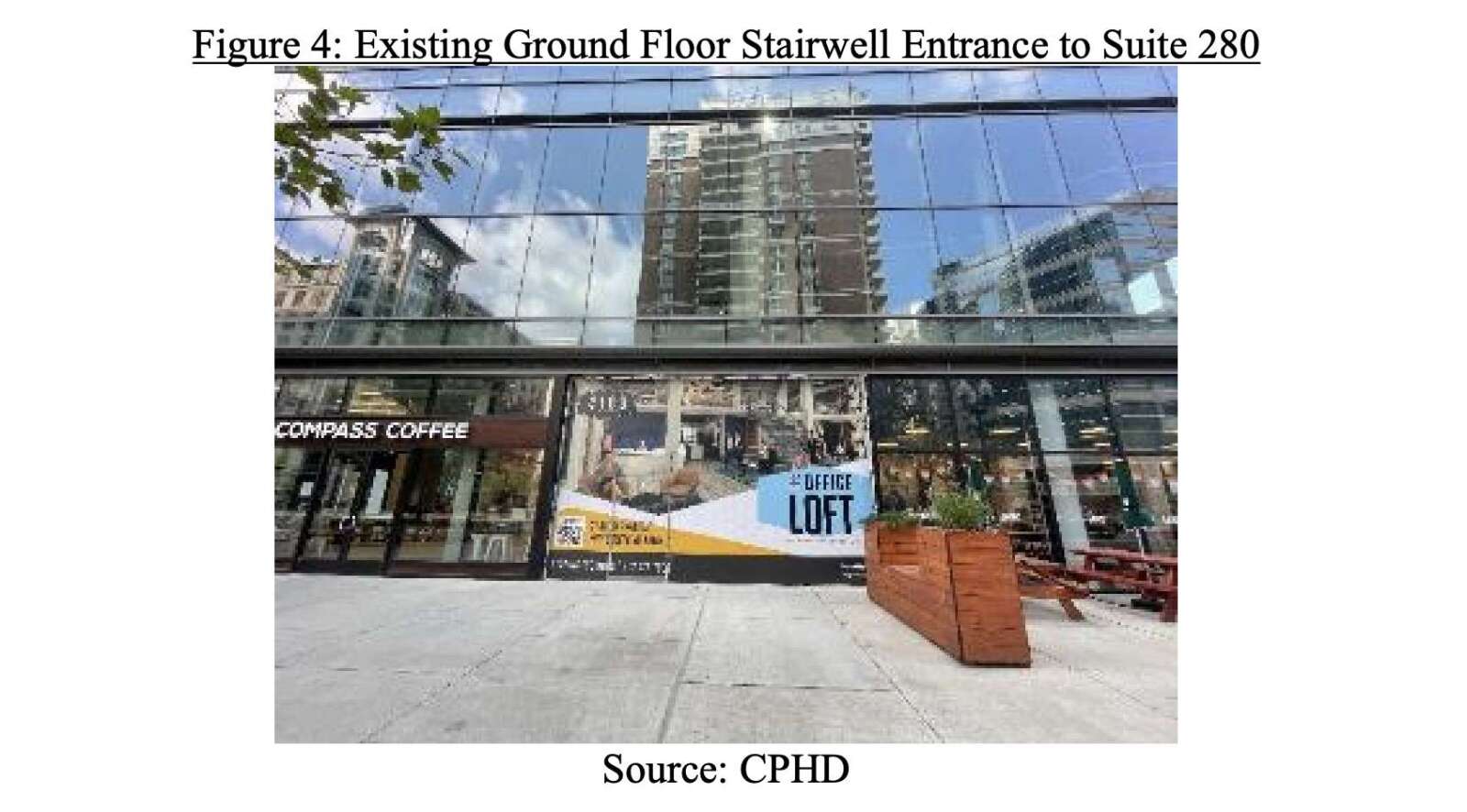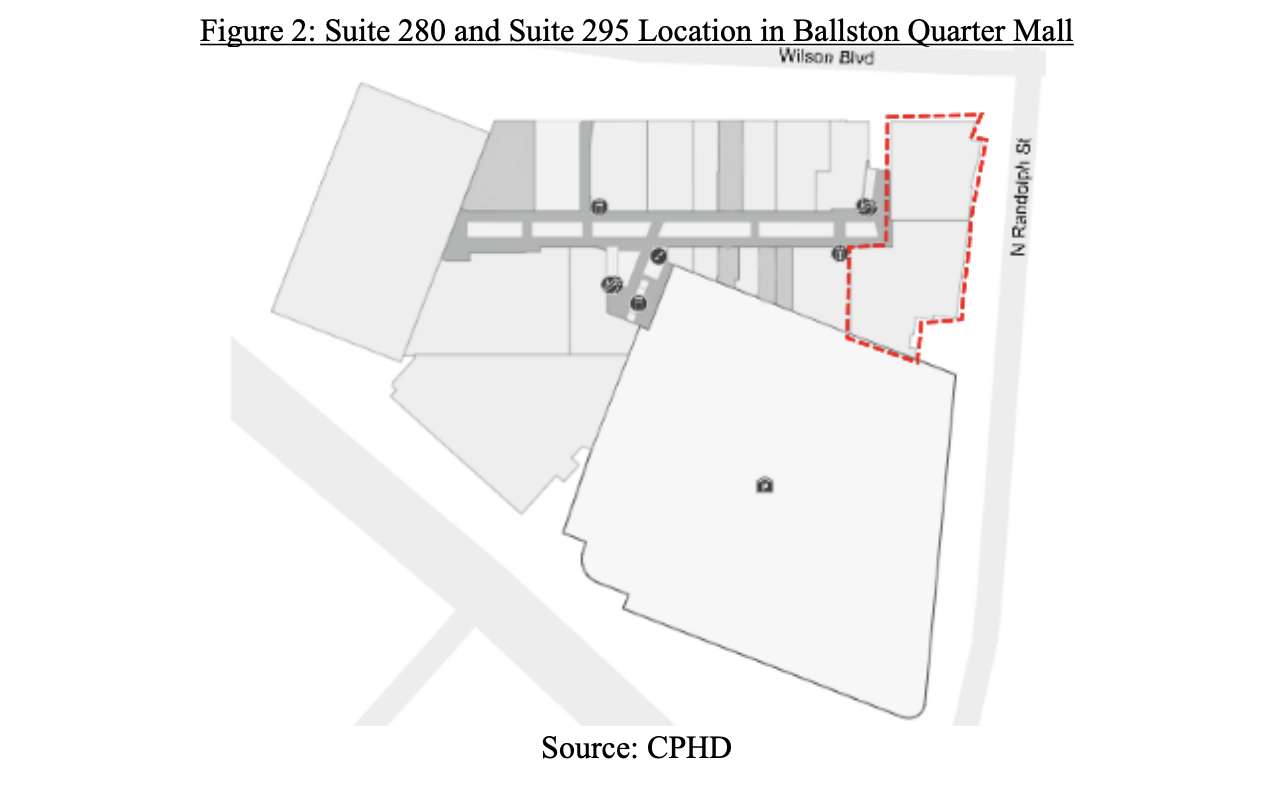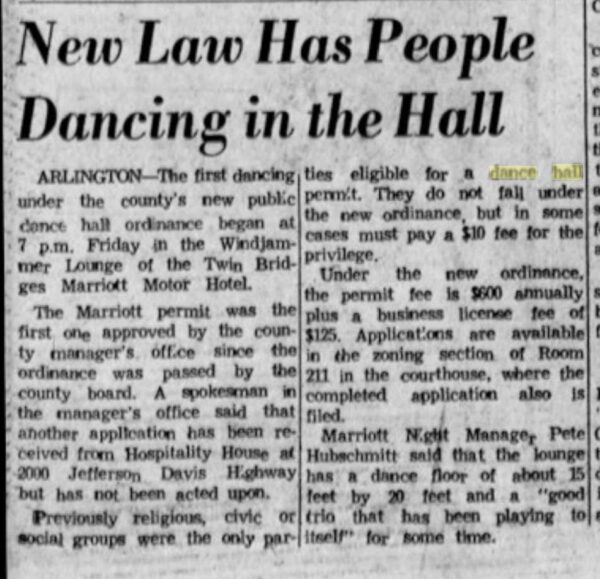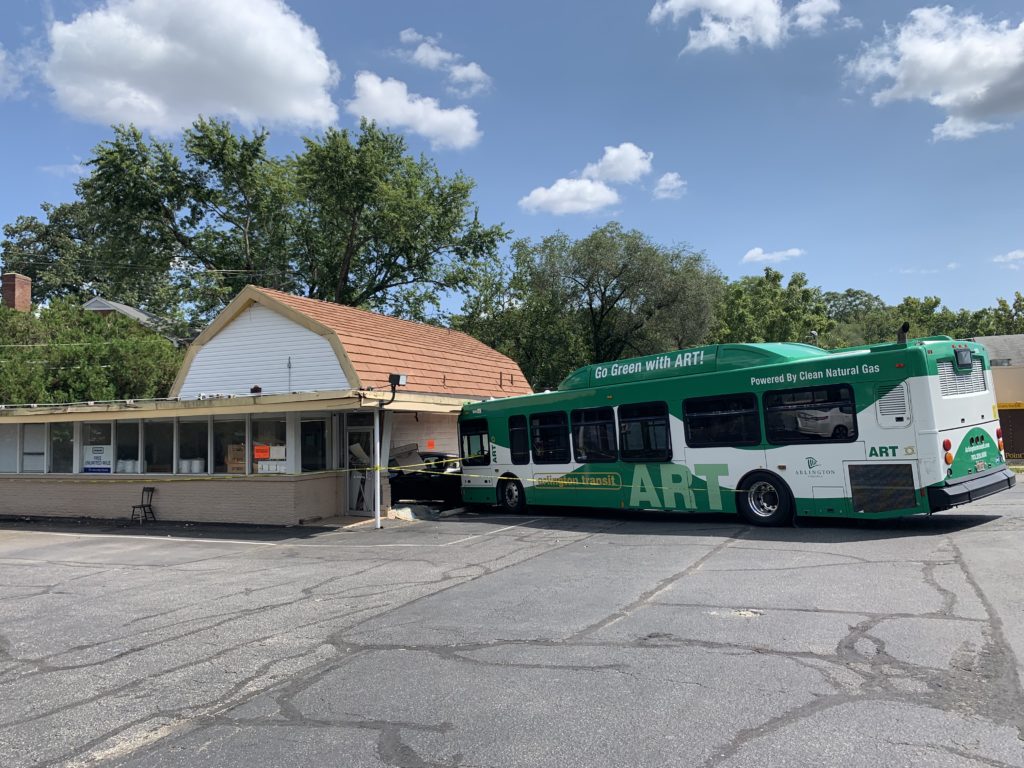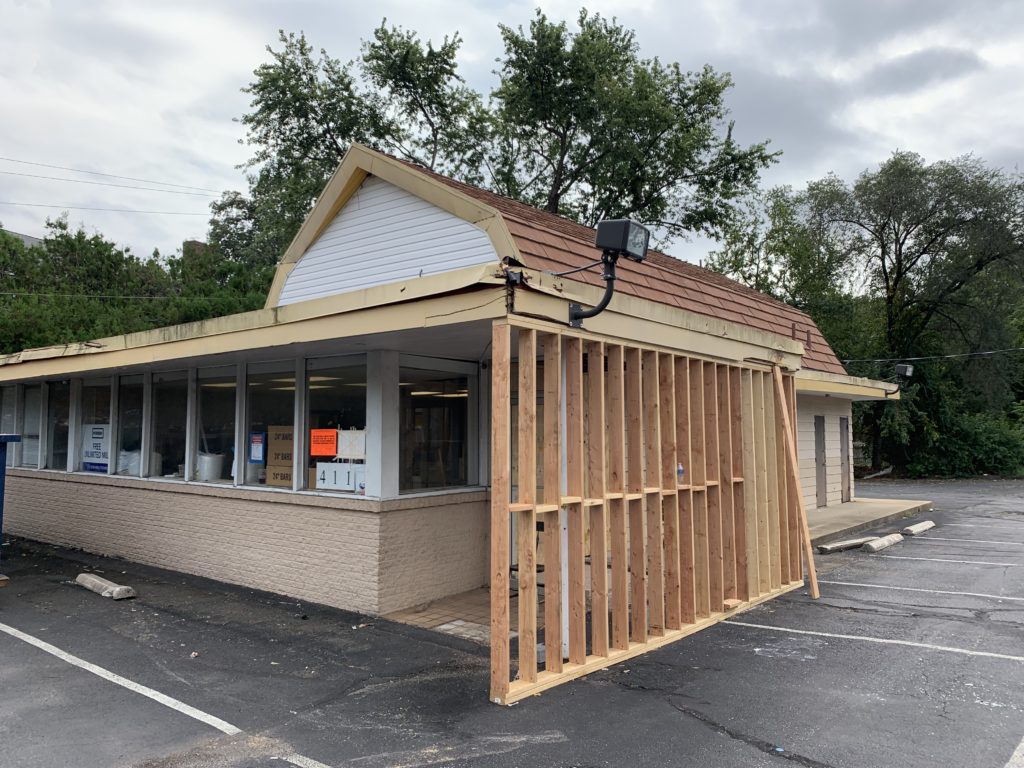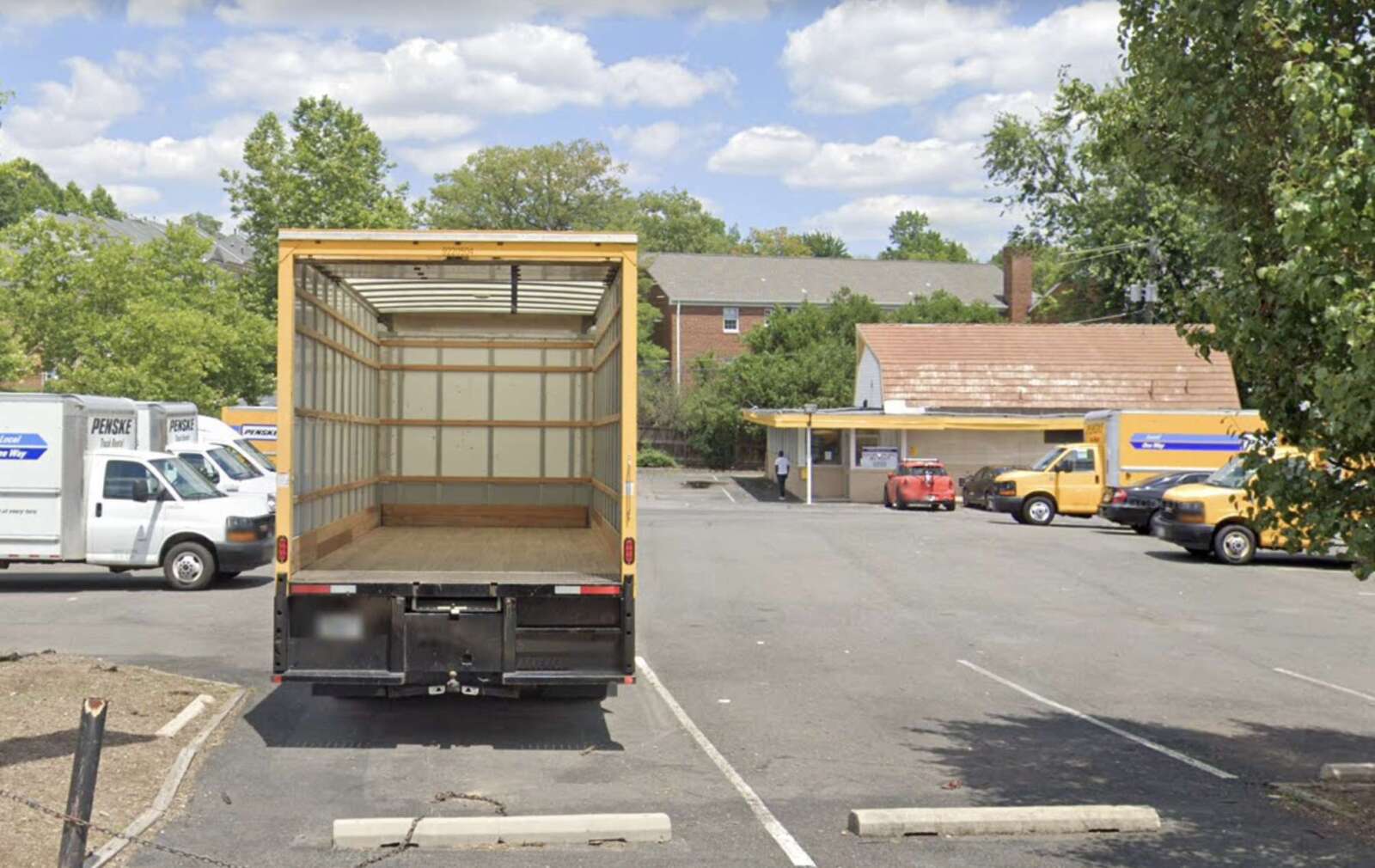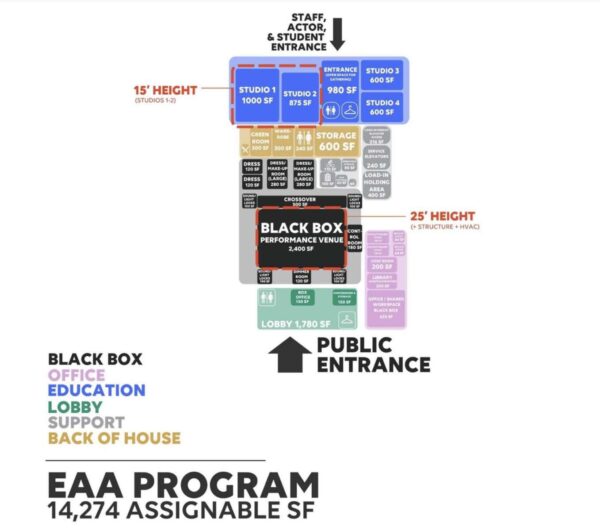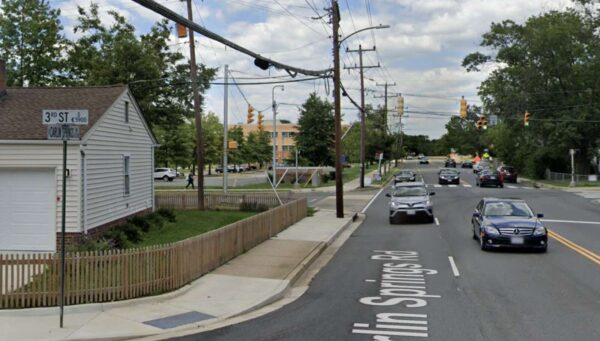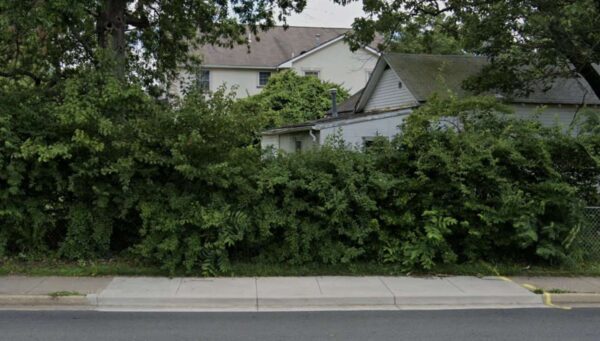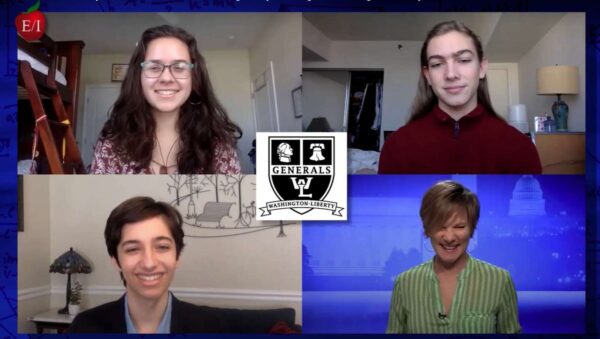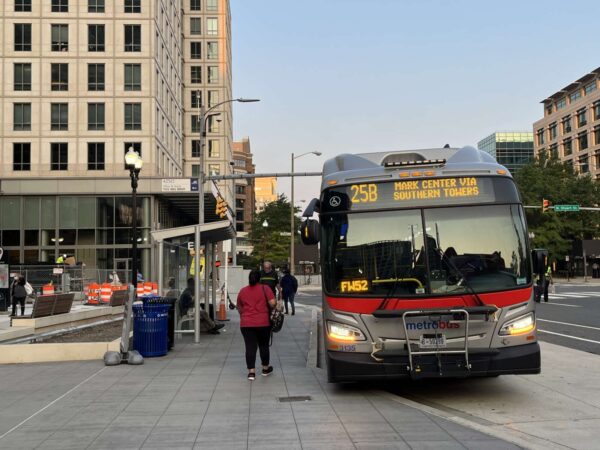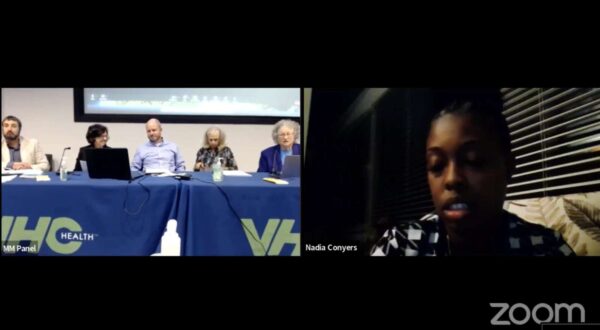
Before four panelists could jump into discussing Missing Middle housing, moderators of Arlington County Civic Federation‘s forum last night (Tuesday) did something unusual.
They laid out ground rules for civil discourse, as other community discussions of the county’s proposed zoning changes have gotten loud, and even rowdy.
Arlington County is gearing up to make a decision on whether to allow low-rise, multifamily dwellings to be built on lots currently zoned exclusively for single-family homes. Leading up to the decision, the county and local organizations have been holding many discussions about the potential impacts of these changes.
Panelists, who spoke for themselves, couldn’t discuss their “feelings” and would instead have to provide a citation for every fact or projected outcome, co-moderator Nadia Conyers said. Speakers needed to seek common ground and respect areas of disagreement, and could not attribute motives to what other speakers were saying.
The panelists reviewed each other’s presentations to ensure facts were not misrepresented, co-moderator Jackie Snelling said.
“We spent a lot of time planning this discussion, which is a little different from how our normal discussions go,” she said.
Those in favor of Missing Middle said Arlington’s housing shortage requires the county to do something.
Michael Spotts, the founder of Neighborhood Fundamentals, who has researched housing for the last 15 years, said Arlington as it is currently zoned is running out of developable space. Meanwhile, developers are tearing down starter homes to build so-called McMansions, while certain neighborhoods north of Route 50 are essentially off-limits to renters, he said.
“I believe Arlington does need to grow and continue to add new housing,” Spotts said. “Aside from the economics, I don’t believe it’s fair to say certain neighborhoods shouldn’t have to contribute to meeting the growing need for housing.”
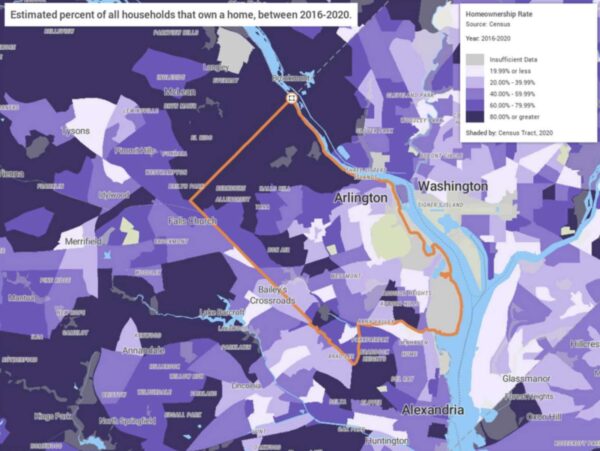
While not a panacea for all of the county’s housing concerns, he says the zoning changes would add units, increase ownership opportunities and marginally cut down on sprawl development in Loudoun, Fairfax and Prince William counties, which in turn has environmental impacts in Arlington.
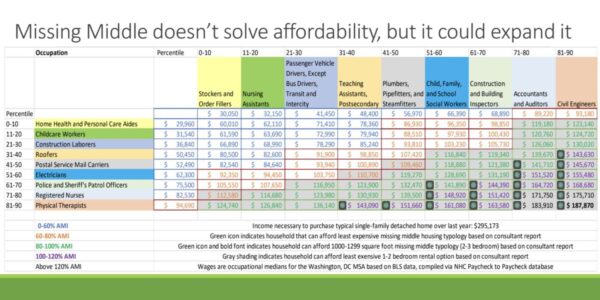
He and Eric Berkey, who chairs Arlington’s Housing Commission, said the changes would help undo the lasting effects of last century’s exclusionary and racist zoning policies. After racially restrictive covenants became illegal, Arlington County used economics to segregate Black people by banning the construction of row houses and creating zones for exclusively single-family detached houses.
“Missing Middle can provide opportunities for more families to live in not just the three or four neighborhoods where we have duplexes, but the entirety of the county in the long term,” Berkey said. “Characters make the neighborhood. It’s important for the county to get rid of these exclusionary housing policies and make sure folks can live in the entirety of our community.”
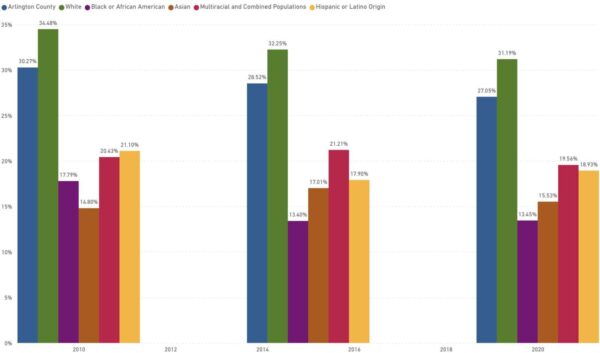
Opponents Anne Bodine, a member of Arlingtonians for Our Sustainable Future, an advocacy group concerned about rapid growth, and Julie Lee, a member of a coalition of 15 civic association presidents opposed to the framework, said more housing is needed, but Arlington does not need to pick up the slack for a region-wide shortage.
“We cannot solve all of the region’s housing issues, but we should set lofty goals, and we must implement a plan that would achieve our desired objective,” Lee said. “The Missing Middle plan does not do that.”
They argued that the zoning changes won’t make it easier for people of color and low- and middle-income earners to buy here, despite assertions to the contrary by the local chapter of the NAACP and others.
“The county says offering a diversity of housing types is a key Missing Middle goal. Why do we need diverse housing types that don’t promote racial and economic diversity?” Bodine said. “A household needs to earn 118% of the area median income to afford the cheapest Missing Middle unit of $416,000. Looking at current Arlington populations, senior, Hispanic and Black median household incomes fall short. It doesn’t mean none of these groups can afford Missing Middle units, but it shows how slim the chances are.”


